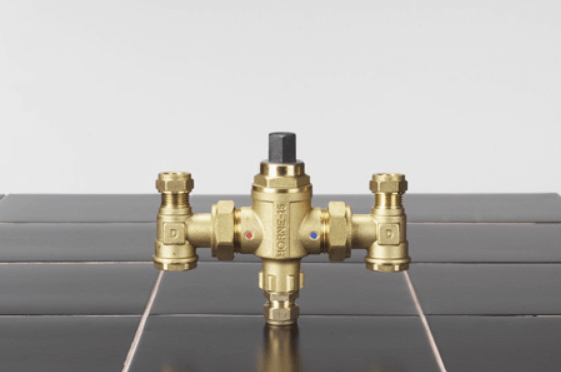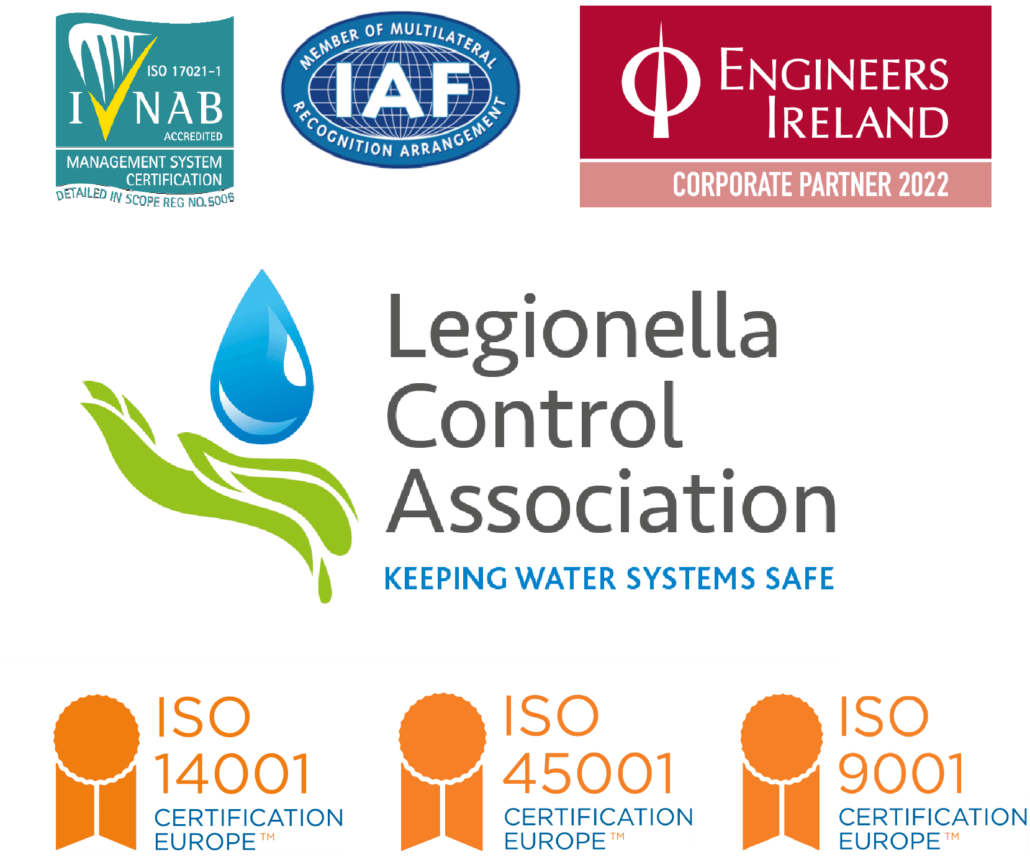The Importance of TMV Maintenance
Thermostatic Mixing Valves (TMVs) are devices designed to regulate and control the temperature of water at the point of use. They are commonly used in plumbing systems to ensure the delivery of safe and comfortable water temperatures.
In any building that utilizes a hot water system, the thermostatic mixing valve (TMV) plays a critical role in maintaining water temperature and ensuring safety. TMVs are designed to prevent scalding by accurately blending hot and cold water to achieve a safe and consistent output temperature.
However, like any mechanical device, TMVs require regular maintenance to ensure their effectiveness and reliability. In this short blog, we will explore the vital importance of TMV maintenance and why it should never be overlooked.
Ensuring Optimal Performance
Regular maintenance of TMVs is essential to ensure their optimal performance. Over time, sediment, debris, and mineral deposits can accumulate within the valve, affecting its functionality. Regular cleaning and inspection of TMVs can prevent such build-up, allowing the valve to function smoothly and accurately.
Reduces chances of Legionella and other bacteria spreading
Regular maintenance involves flushing and cleaning the thermostatic mixing valve. Flushing removes any sediment, debris, or mineral deposits that may accumulate over time. These deposits can provide a breeding ground for bacteria, and by removing them, you reduce the potential for bacterial growth.
TMVs are designed to control the temperature of the water supply by mixing hot and cold water. The recommended temperature for minimizing bacterial growth in domestic water systems is typically around 60°C or higher. When the valve is properly maintained, it ensures that the water temperature remains within the appropriate range, discouraging the growth of harmful bacteria.
 Preventing stagnation: Stagnant water is a conducive environment for bacterial growth. Regular maintenance includes checking for any issues that can cause water stagnation, such as clogged pipes, faulty valves, or insufficient flow rates. By addressing these problems promptly, you can prevent water from becoming stagnant and minimize the likelihood of bacterial colonization.
Preventing stagnation: Stagnant water is a conducive environment for bacterial growth. Regular maintenance includes checking for any issues that can cause water stagnation, such as clogged pipes, faulty valves, or insufficient flow rates. By addressing these problems promptly, you can prevent water from becoming stagnant and minimize the likelihood of bacterial colonization.
Preventing Scalding Incidents
The primary function of a TMV is to prevent scalding by maintaining a safe water temperature. Neglecting TMV maintenance can compromise this critical safety feature. A poorly maintained TMV may malfunction, leading to unpredictable water temperatures and potentially exposing users to scalding-hot water. By regularly inspecting and servicing TMVs, maintenance professionals can identify and rectify any issues, ensuring that the valve functions as intended, protecting individuals from burns and injuries.
Extending Lifespan and Reducing Costs
Just like any mechanical device, TMVs have a finite lifespan. However, through regular maintenance, their longevity can be significantly extended. Routine inspections allow professionals to detect early signs of wear, identify potential problems, and carry out necessary repairs or replacements. By addressing issues promptly, the need for costly emergency repairs or complete valve replacements can be minimized, ultimately saving building owners both time and money.
Enhancing Energy Efficiency
In addition to safety considerations, well-maintained TMVs contribute to energy efficiency. Accurate temperature control ensures that hot water is not wasted by being excessively cooled or heated. A properly functioning TMV ensures that the desired temperature is achieved efficiently, reducing unnecessary energy consumption and subsequently lowering utility bills. By incorporating TMV maintenance into regular building maintenance schedules, energy efficiency goals can be met more effectively.
Conclusion
Neglecting TMV maintenance not only compromises safety but also leads to reduced performance, increased costs, and potential legal ramifications. By prioritizing regular TMV inspections, cleaning, and repairs, building owners and facility managers can ensure optimal performance, extend the lifespan of the valves, meet safety regulations, and promote energy efficiency. A little attention to TMV maintenance goes a long way in safeguarding individuals and enhancing the overall functionality of hot water systems.






